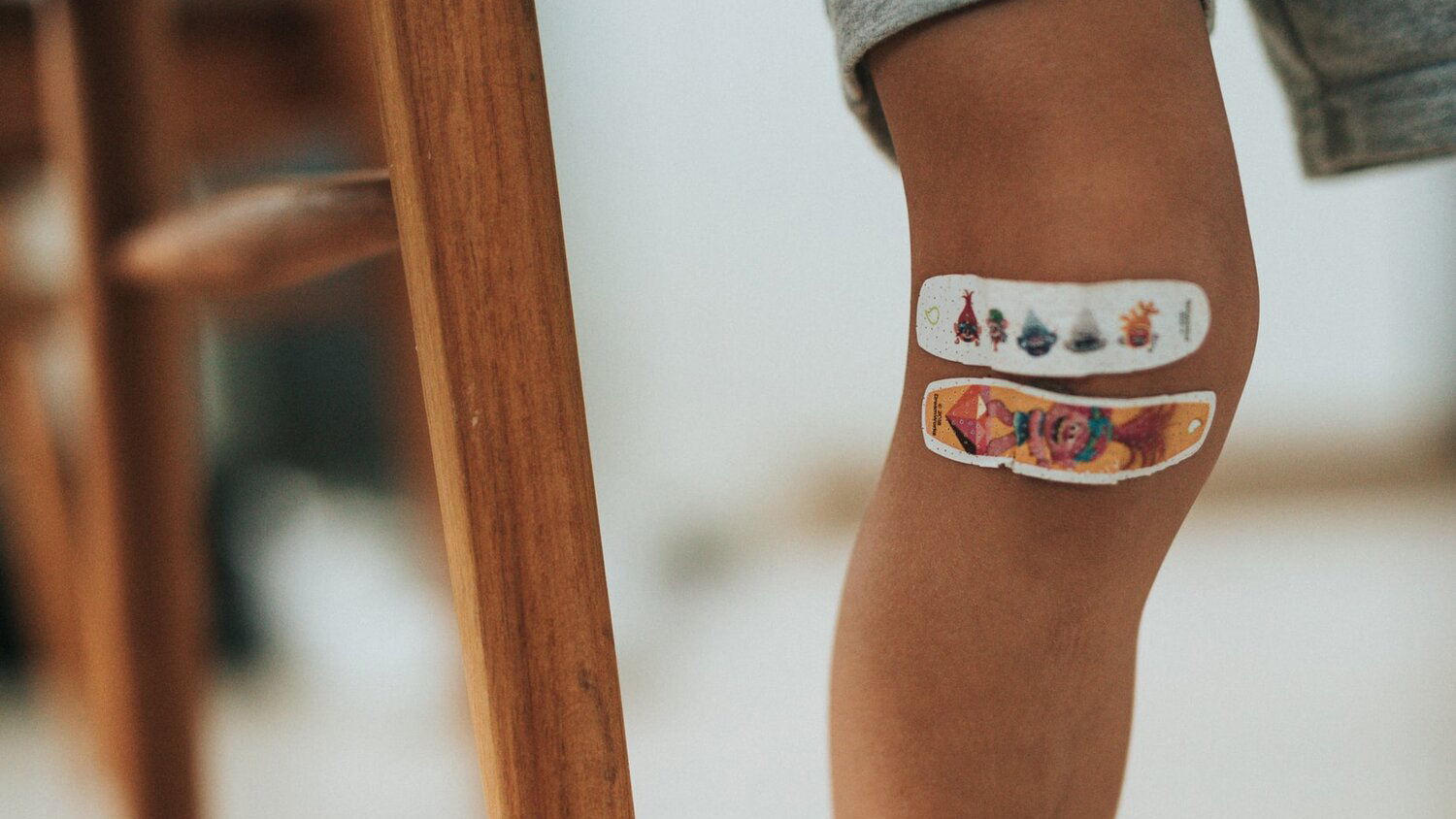2 min read
Injuries to Minor Children
Aaron Ferguson Law Aug 17, 2021 12:00:00 AM

My minor (under 18) child has been injured, how do I resolve their case?
Unfortunately, not even children are immune from being injured in an accident. As a parent or guardian, this can be a nightmare scenario. Here are a few things you should know about your child’s personal injury claim:
Evaluation of your child’s claim
The evaluation process is different when assessing a child’s injury claim given that they are still growing and have their prime physical years ahead of them. It is therefore important to proceed cautiously and make sure to speak with your child’s doctor on the potential long-term effects of their injuries. That said, once a settlement is reached on your child’s case, there is a much different process for finalizing the claim.
Finalizing your child’s settlement
Typically, once a settlement has been reached in a minor child’s case, a parent or guardian needs to file a petition with the court so a judge can ensure that the settlement is in the best interests of the child and provide their approval. This petition outlines your child’s medical expenses, who has paid the expenses, attorney fees, case costs, and finally what the net amount is that is awarded to the minor. In certain circumstances, there may also be an amount set aside for the parent/guardian to cover out-of-pocket expenses such as time off work or mileage to your child’s doctor’s appointments. Now that the settlement petition has been filed, the last major hurdle is receiving a legal order from the court approving your minor’s settlement.
Order Approving Minor Settlement
After receiving the petition, the court will assign a judge to have a hearing where they review your petition and typically hear from you, perhaps your child, and your attorney. The judge will then determine if the settlement is fair or not for the child. The judge can reject the settlement, approve the settlement, issue their own order, or tell the parties to negotiate more. If the judge approves the settlement, the funds designated for the minor must be placed in a restricted bank account until the minor turns age 18, at which time the funds can be accessed upon proof of identification. For larger settlements, a structured payout can be put in place at the time of the hearing that would make periodic payments rather than a full lump sum upon the minor reaching age 18. These structured payments can vary significantly depending on the amount of settlement.
If you have a minor that was injured in an accident, please call 651-493-0426 for a free consultation with one of our experienced personal injury attorneys.
Get a Free Case Consultation
